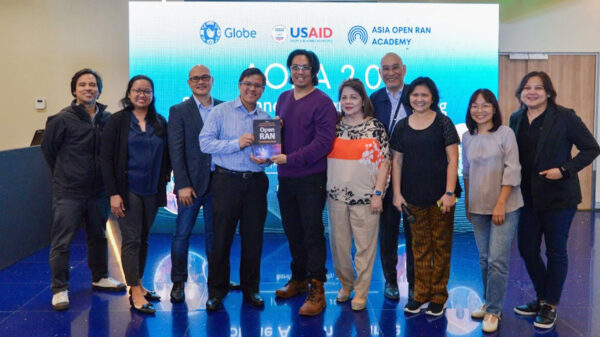Globe is urging customers to remain vigilant amid an uptick in phishing attacks linked to the Russia-Ukraine conflict in recent weeks.
While phishing campaigns recently detected by Google’s Threat Analysis Group (TAG) have primarily targeted Ukraine and its European allies, Globe warned that these threats may easily be exploited and spread across the Asian region.
“We all need to watch out for certain types of emails or content that will try to lure us into sharing our information. These may contain topics such as humanitarian aid-themed scams and online petitions for Ukraine,” said Anton Bonifacio, Globe’s Chief Information Security Officer.
He said other content may also pretend to share news and information about the ongoing Russia-Ukraine crisis, or offer tips related to the crisis’ impact, such as where to get the lowest gas prices in your area.
Phishing is one of the most common types of online fraud where criminals impersonate an organization or individual through a legitimate-looking email or text message, hoping that the recipient will take the bait and provide the requested personal information, warned Bonifacio.
Globe stresses the importance of thoroughly checking the credibility of any email, post or website before interacting with it. Personal information should not be given out unless deemed absolutely necessary, and should be done only through official channels.
The company has partnered with major universal and commercial banks as well as e-commerce companies to minimize phishing activities and other financial scams. These partner companies report fake numbers, spoofed sender names, and websites, which Globe in turn blocks from its network immediately as they are reported.
“Creating a fraud-free online space is a 24/7 task for Globe, but it must also be a collective effort in order for it to succeed. We encourage the public to refrain from clicking links received from unknown sources or unverified sites, and to report mobile numbers, email addresses or websites that engage in fraudulent activity,” said Bonifacio.
Globe continues to heighten its anti-spam and anti-scam campaign through a dedicated cybersecurity team. Last year, it blocked a total of 1.15 billion scam and spam messages, around 7,000 mobile numbers linked to scammers, and 2,000 unofficial social media accounts and phishing sites.
Globe strongly supports the United Nations Sustainable Development Goals, particularly UN SDG No. 9 which highlights the roles of infrastructure and innovation as crucial drivers of economic growth and development, and UN SDG No. 17 which emphasizes the value of partnerships in achieving the sustainable development goals. Globe is committed to upholding the United Nations Global Compact principles and contributing to 10 UN SDGs.














































































































